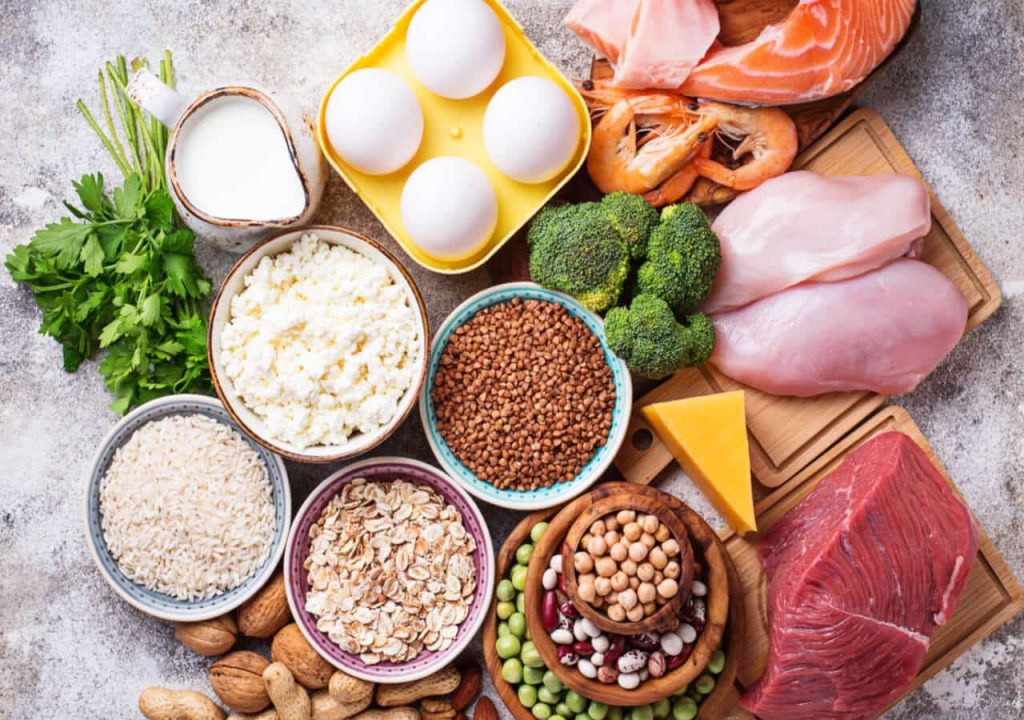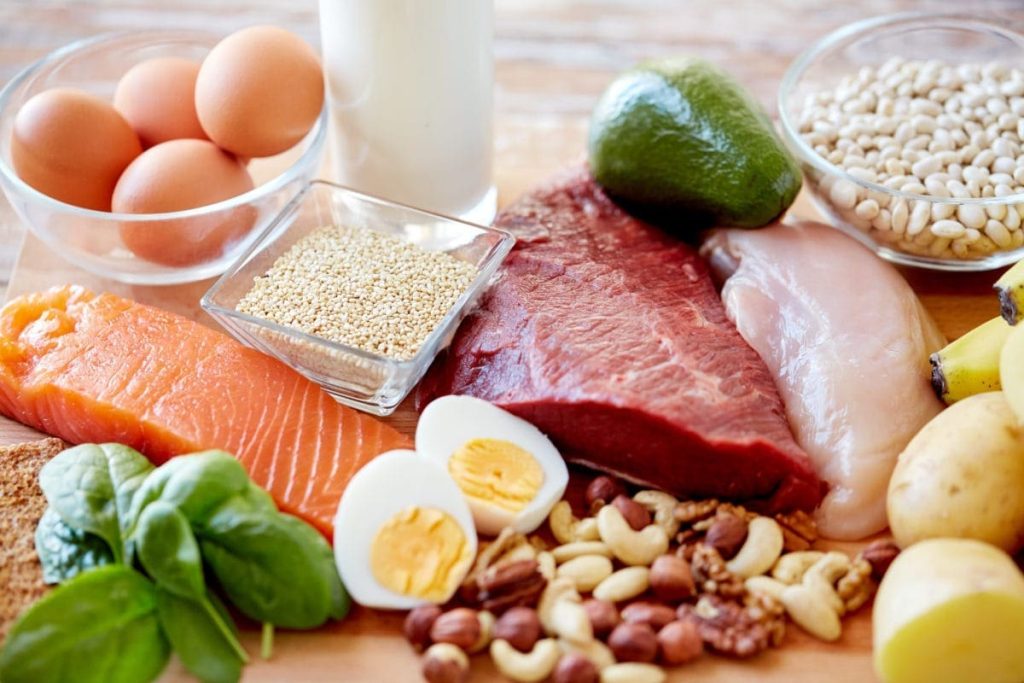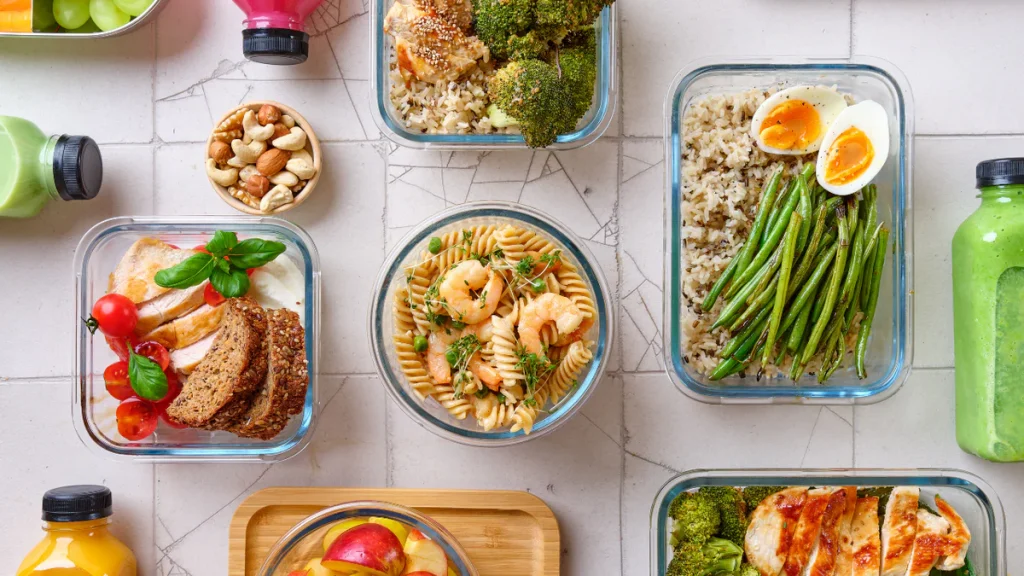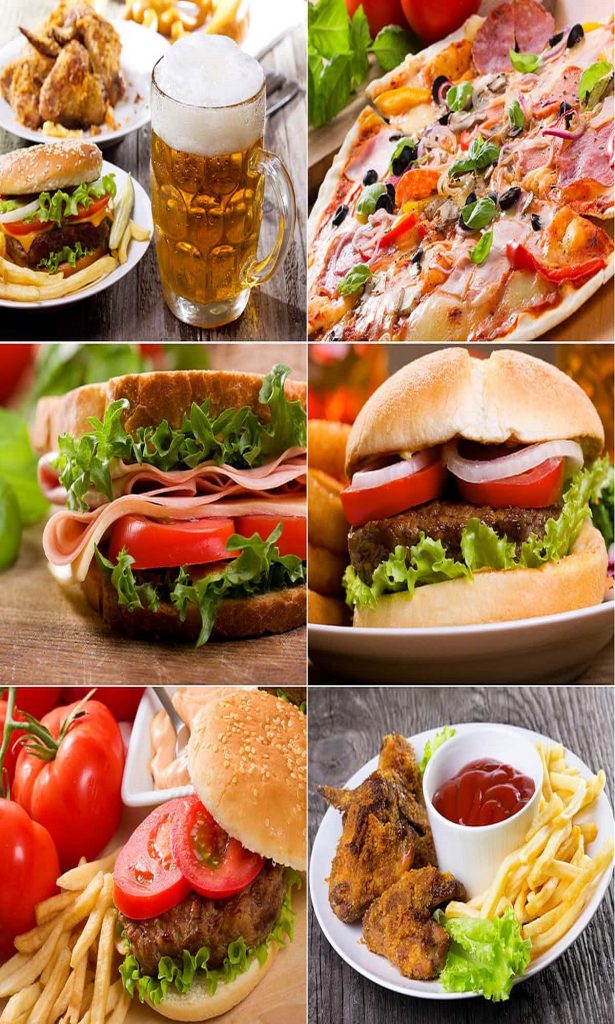Weight gain involves increasing body weight, ideally through the gain of muscle mass rather than fat. This can be achieved by creating a calorie surplus, where the number of calories consumed is greater than the number of calories burned. Gaining weight in a healthy and controlled manner requires a combination of proper nutrition, exercise, and lifestyle adjustments. It is important to focus on gaining lean muscle mass instead of just adding fat to your body, which can be achieved through a balanced approach. The key is to provide your body with the necessary building blocks for muscle growth while avoiding unhealthy habits that can lead to fat accumulation.
Healthy Eating for Weight Gain
Caloric Intake
To gain weight, you need to consume more calories than your body needs to maintain its current weight. This is known as creating a calorie surplus. Calculate your daily caloric needs based on your age, gender, weight, height, and activity level, and then aim to consume an additional 300-500 calories per day. This ensures a gradual and steady weight gain, minimizing the risk of gaining excess fat.


Nutrient-Dense Foods
- Nuts and Seeds: Almonds, walnuts, chia seeds, and flaxseeds are high in healthy fats and proteins. They are also rich in fiber, vitamins, and minerals, making them a great addition to your diet.
- Avocados: Rich in healthy fats and calories, avocados are a versatile addition to meals. They provide monounsaturated fats, which are beneficial for heart health.
- Whole Grains: Brown rice, quinoa, oats, and whole grain bread provide complex carbohydrates and fiber. These foods release energy slowly, keeping you full and energized throughout the day.
- Lean Proteins: Chicken breast, turkey, fish, tofu, and legumes are great sources of protein necessary for muscle growth. Protein is crucial for repairing and building muscle tissues after workouts.
Sample Meal Plan
- Breakfast: Oatmeal with nuts, seeds, and fresh fruit.
- Mid-Morning Snack: Greek yogurt with honey and granola.
- Lunch: Grilled chicken breast with quinoa and mixed vegetables.
- Afternoon Snack: Whole grain toast with avocado and a boiled egg.
- Dinner: Baked salmon with brown rice and steamed broccoli.
- Evening Snack: Cottage cheese with berries and a handful of almonds.

Strength Training and Muscle Building
Resistance Exercises
Engaging in strength training exercises is crucial for building muscle mass. Incorporate exercises such as weightlifting, resistance band exercises, and bodyweight exercises (e.g., push-ups, squats, and lunges) into your routine. Aim for at least three strength training sessions per week, targeting different muscle groups each time. Compound exercises like deadlifts, bench presses, and rows are particularly effective as they work multiple muscle groups simultaneously.
Progressive Overload
To continue gaining muscle, gradually increase the weights and intensity of your workouts. This principle, known as progressive overload, ensures that your muscles are consistently challenged and able to grow. Track your progress and adjust your workout plan accordingly. For example, if you can comfortably complete 12 repetitions of an exercise, increase the weight slightly for your next workout.
Recovery
Allow adequate time for muscle recovery and growth by incorporating rest days into your routine. Overworking your muscles can lead to injuries and hinder your progress. Ensure you get enough sleep, as it is essential for muscle recovery and overall health. Aim for 7-9 hours of quality sleep per night, and consider practices like stretching, foam rolling, and massage to enhance recovery.

Avoiding Unhealthy Weight Gain Methods

Junk Food
Avoid excessive consumption of high-sugar and high-fat junk foods. While they can contribute to a calorie surplus, they often lack essential nutrients and can lead to unhealthy weight gain and other health issues. Focus on whole, unprocessed foods that provide the necessary nutrients for muscle growth and overall health.
Supplements
Be cautious with weight gain supplements and consult a healthcare professional before use. Some supplements can have side effects or may not be effective. Focus on getting nutrients from whole foods whenever possible. If you decide to use supplements, choose high-quality products and use them as part of a balanced diet.
Balanced Diet
Ensure a balanced diet to avoid deficiencies and promote overall health. Include a variety of foods from all food groups to ensure you get a wide range of nutrients necessary for muscle growth and overall well-being. Pay attention to your macronutrient distribution (proteins, fats, and carbohydrates) and micronutrient intake (vitamins and minerals).
Sustainable Weight Gain Strategies
Gradual Increase
Aim for a gradual weight gain of 0.5-1 pound per week. Rapid weight gain can lead to an increase in fat rather than muscle. A slow and steady approach ensures that the weight gained is primarily lean muscle mass. This method also allows your body to adapt to the changes, reducing the risk of stretch marks and other side effects.
Healthy Choices
Make healthy food choices to ensure the gain is primarily muscle mass. Focus on whole, nutrient-dense foods and avoid empty-calorie foods that do not provide nutritional value. Incorporate a variety of foods to meet your nutritional needs and support muscle growth.
Monitor Progress
Regularly track your progress and adjust your plan as needed. Keep a journal of your meals, workouts, and weight changes. This will help you stay on track and make informed decisions about any necessary adjustments to your diet or exercise routine. Use tools like body composition scales, progress photos, and measuring tape to monitor changes in muscle mass and fat.

